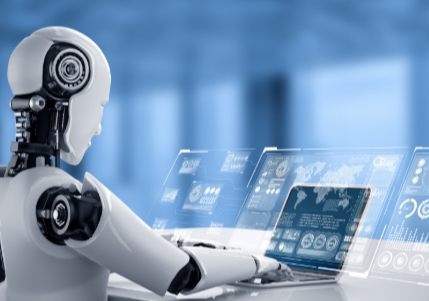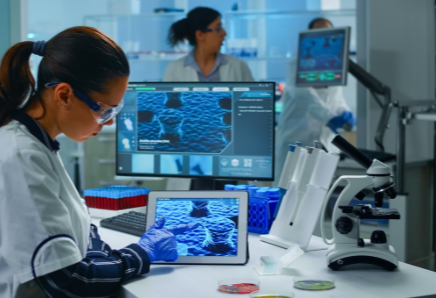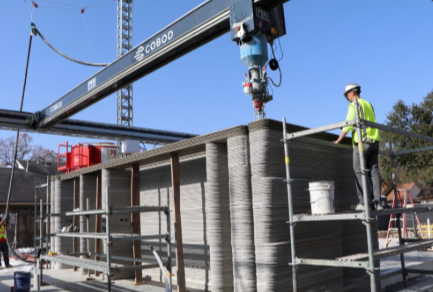How Artificial Intelligence Is Impacting Job Automation
Artificial Intelligence is reshaping job automation in profound ways. It enhances efficiency and reduces costs across diverse industries. As routine tasks become automated, traditional job roles face transformation. This shift raises pressing questions about job displacement and the need for new skills. Understanding the implications of this evolution is crucial. What changes lie ahead for the workforce, and how can individuals adapt to this rapidly changing landscape?
The Rise of AI in the Workforce
As organizations increasingly adopt advanced technologies, the integration of artificial intelligence (AI) into the workforce has become a critical focus for businesses across various sectors.
This AI integration drives workforce transformation, enhancing productivity and efficiency. Companies leverage AI to automate routine tasks, enabling employees to focus on strategic initiatives.
Consequently, the rise of AI fosters innovation, reshaping roles and redefining the future of work.
Sectors Most Affected by Job Automation
The increasing prevalence of job automation has significantly impacted various sectors, with some experiencing more profound changes than others.
Manufacturing has seen enhanced efficiency through automated processes, reducing labor costs while increasing output.
Conversely, the customer service sector faces disruption as AI-driven chatbots and virtual assistants replace traditional roles, raising questions about the future of human interaction in service-oriented industries.
Read more: The Future of Digital Payments: Cashless Societies in the Making
The Evolution of Job Roles and Skills
While automation reshapes industries, it also transforms job roles and the skills required to succeed in an increasingly digital landscape.
Organizations demand skill adaptation as traditional roles evolve, leading to role transformation across sectors.
Workers must embrace continuous learning to remain relevant, acquiring competencies in technology and critical thinking.
This shift not only enhances individual freedom but also fosters a more dynamic workforce adaptable to change.
Balancing Innovation and Employment Opportunities
Although innovation drives economic growth and enhances productivity, it simultaneously raises concerns about employment opportunities in a rapidly changing job market.
The future workforce must prioritize skills adaptation, ensuring that workers can thrive alongside advancing technologies.
Balancing innovation with sustainable employment requires strategic investments in education and training, fostering an environment where individuals can harness their potential while contributing to a dynamic economy.
Conclusion
In conclusion, the interplay of artificial intelligence and job automation presents a paradox of progress and peril. While some positions may fade into oblivion, new pathways for potential and professional growth emerge. As industries evolve, individuals must embrace the imperative of continuous learning, sharpening skills to stay relevant. Ultimately, the future of work will hinge on harmonizing human ingenuity with technological triumphs, fostering a landscape where innovation and opportunity thrive in tandem.





